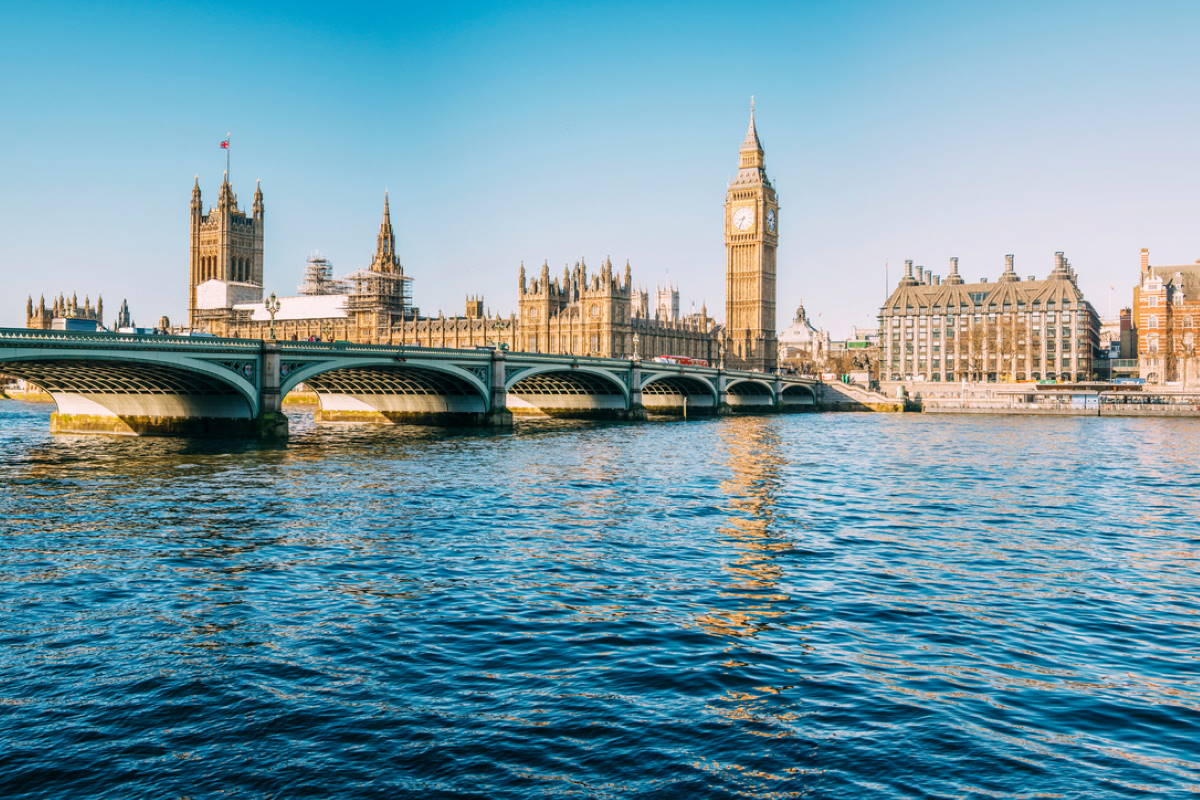17GlobalGoals guest blogger, Andy Ashworth, shares his thoughts on technology, hand-washing and our changing values.
Every now and again there is a game-changer. One that comes to mind is the smartphone. Almost overnight, we were able to be contacted, wherever we were, and given information in whatever format worked best for our digestion.
App developers got busy, and suddenly we had the ability to navigate the streets, transfer money anywhere in the world almost instantly. We could check our blood pressure or see how long it would take to get to a meeting across town by bicycle. We could meet a life-partner, find out Dean Martin’s date of birth, or order a pizza at the touch of a button.
Social media changed everything in terms of information too. We could no longer trust sources of information, there were no standards or ethics to consider when posting information (or misinformation for that matter). Traditional media were still bound by the old ethics of integrity. The new media were unfettered and free to claim anything as the truth.
Just recently I was sat on a plane out of southern Africa. I got out just in time, just before borders started closing and people were stranded wherever they found themselves.
In the middle of an aisle, I was sat next to someone coughing and spluttering away, who seemed oblivious to the hazardous situation we were all in. I was sitting masked up, with a bottle of hand sanitizer feeling nervous and not a little frustrated that the man who obviously wasn’t taking this disease seriously, was placing others at risk.
I started thinking about the coronavirus situation as a game changer. I knew I was writing something for this blog, and had a subject in mind, but wondered about its relevance. I started to think about how fast our current reality was changing and whether my topic would become out of date as I was writing it.
I was wondering how the post-coronavirus landscape would look in the context of the project I was involved in running. Would priorities move so much that we would no longer be relevant, or no longer a funding priority? Would funding be diverted to another political imperative? In other words, how much would the landscape change?
This brought me around to the Sustainable Development Goals. Even from the Millennium Goals at the turn of the 21st century, the Global Goals have been an ambitious aspirational direction of travel. But they work on an important assumption; the assumption that the foundation on which they sit will remain recognisable for the next 15 years. But what if a game-changer changes the landscape?
What do I mean by the landscape changing? Well, the point where a new kind of normal displaces the old one completely.
One instance of this was a couple of years ago, I was researching low-tech technologies (patented around the turn of the twentieth century) for a project concept.
I was looking for innovative enterprise ideas. I found some ingenious machines that would undoubtedly have changed society. The machines I was researching were low-tech, human powered, washing machines.
I had got a potential funder (slightly) interested in a venture where women in Africa would build and run affordable, portable, laundry machines, made of scrap, and powered by human power. Surplus machines would be sold or hired to rural villages and maintained by the co-operative.
This wasn’t about washing machines or easier lives for the women who spent a great deal of their time washing by hand. It was about releasing them from this ineffective use of time and using it to support an increase in economic activity.
We had made calculations on average times spent on laundry, the effect of handwashing on longevity of garments, river pollution etc. We also hoped the proposal could support social schemes such as health initiatives etc.
But its prime function would be to free up time to support income generating activity for women. Activities such as cash cropping, producing commercial-standard crafts for sale, or value addition to existing cash crops.
The other benefit would have been a decrease in responsibilities for the girl children, enabling them to spend more time in school. It seemed like a winner.
The point of the story is that a lot of these technologies had been lost due to a game-changer; the invention and distribution of electricity, and there were lots and lots of them.
Electricity was a huge game-changer and all of this ingenuity and hard work went the way of the dinosaurs; extinction. This was not because of the creation of better inventions; I trialled some of the ideas, and they worked well. It was because the landscape changed, and electric washing machines were the future. Interestingly, they became useful a century after their invention, because of another game-changer…sustainability, as we looked for environmentally friendly technologies.
Now I’m no Nostradamus, but the one thing we can predict with confidence in the current worldwide situation, is change. We can already see changes starting to happen.
Some of the people we rely most on in society, people who traditionally have been undervalued, such as health workers, the people who drive trucks with our food in them, checkout staff in supermarkets, and many others, are suddenly thrust into the frontline of personal risk and sacrifice.
A friend of a friend of mine is a doctor. He has removed himself from the family home to a flat nearer the hospital, to reduce the risk of coronavirus to his family, whilst he works hard to save peoples’ lives in a special hospital unit.
In the self-isolating world we are currently experiencing, the invisible people who work hard in dangerous conditions for us, who we often don’t notice, are demonstrating their value every day in a new visible way. What will this mean to us as we move into a post-pandemic world? There is already a step-change in our appreciation for them, how will this be manifested in our aspirational Global Goals?
Change is uncomfortable, even good change. We will all need to adapt to a different landscape before too long, and we may have to think in a bit more detail about what it means when we set timescales on goals for so far in the future.
There is no doubt in my mind that Covid-19 is a game-changer. As somebody who has spent a lot of their life in the development sector, I hope that the new landscape is a fair and humane one for all.
It is unlikely that the Goals themselves will change, but it is entirely likely that the way in which we try to achieve them will. I can think of many ways that the international development landscape will change in the future, but maybe that is for another day.
Stay safe! Andy






